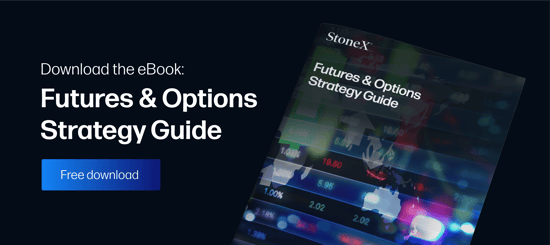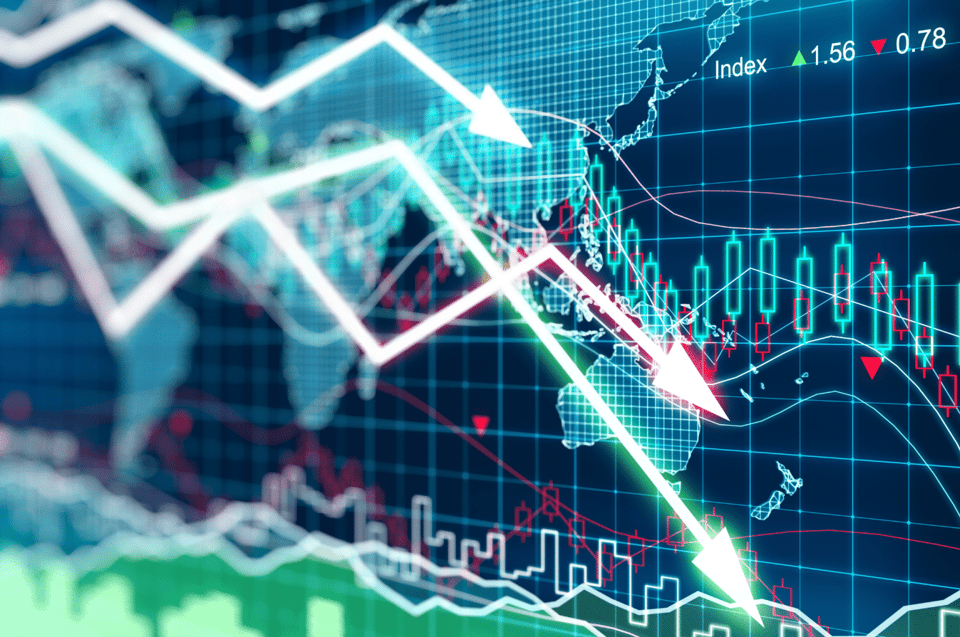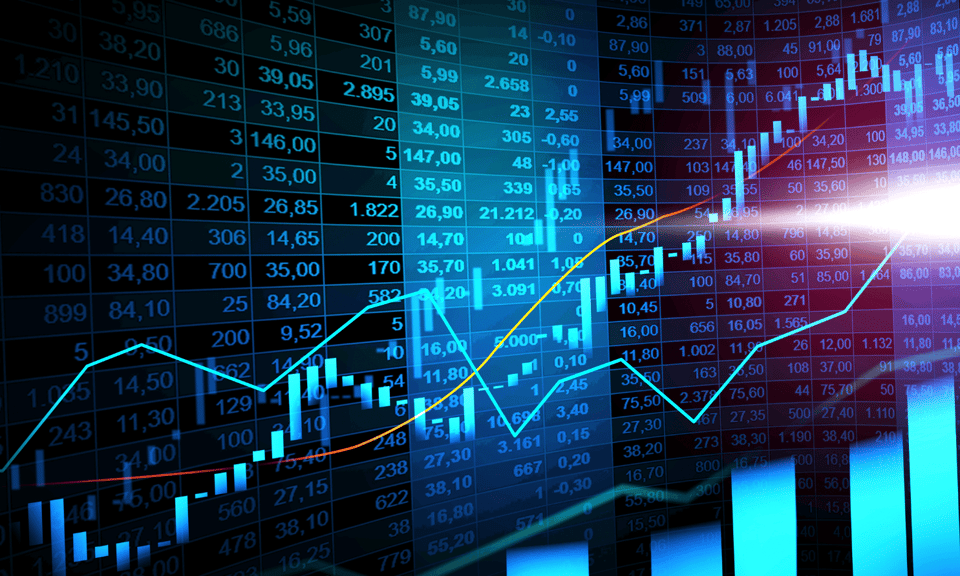The global energy futures marketplace facilitates the trade of a diverse array of participants. No matter if a producer is hedging systemic production risks or a trader is aiming to capitalize upon rapid pricing fluctuations, energy products are opportune vehicles for achieving a broad spectrum of market-related goals.
Prominent Energy Products
According to Bloomberg, here are the leading energy products and the exchanges where their corresponding futures contracts may be found:
| Product | Exchange |
|---|---|
| WTI Crude Oil | NYMEX |
| Natural Gas | NYMEX |
| RBOB Gasoline | NYMEX |
| Heating Oil | NYMEX |
| Brent Crude Oil | ICE |
Since the August 2008 merger between the Chicago Mercantile Exchange (CME) and the New York Mercantile Exchange (NYMEX), the energy products exclusive to the NYMEX are available for trade via the CME Globex. Brent Crude Oil is accessible on the Intercontinental Exchange (ICE).
Energy Volumes
The trade of energy futures contracts represents a substantial portion of the aggregate derivatives marketplace. Listed are the energy products, corresponding symbols, and average daily traded volume for the second quarter (Q2) of 2017:
| Product | Symbol | Average Daily Volume (ADV) |
|---|---|---|
| WTI Crude Oil | Cl | 1,236,392 |
| Henry Hub Natural Gas | NG | 420,572 |
| RBOB Gasoline | RB | 198,722 |
| NY Harbor ULSD (Heating Oil) | HO | 168,276 |
| Brent Crude Oil | BZ | 101,424 |
As illustrated by the ADV, the West Texas Intermediate (WTI) crude oil and Henry Hub natural gas contracts provide the highest degree of liquidity and market depth. Due to this characteristic, they are often viewed as the benchmark products of the global energy trade.
Any trades are educational examples only. They do not include commissions and fees.
WTI Crude Oil
Aside from gold, crude oil is the most frequently referenced commodity in the world. WTI crude oil markets are known for their liquidity and volatility, earning the moniker “the wild west of futures trading.”
WTI crude oil pricing regularly exhibits considerable sensitivity to global geopolitical disruptions. Foreign wars, internal revolution, and general unrest have historically plagued producing regions. These stimuli are capable of bolstering market participation and enhancing volatility in a rapid fashion.
As an illustration of this concept, the subsequent price action related to the following events is indicative of WTI crude’s pricing reactivity:
- 2008 World Debt Crisis/Iran Missile Testing: Crude oil futures hit all-time highs of $146.90 per barrel.
- 2011 Arab Spring: Supply-chain concerns caused by widespread civil unrest in Egypt, Libya, Yemen, and Syria spiked the price of WTI crude by 11.3 percent for the third week of February 2011.
- 2013 U.S./Syria Tensions: Ongoing tensions with Syria and U.S. threats of directly arming rebel groups quickly drove WTI crude oil prices to $98.25, the highest in a year.
- 2014 Global Supply Glut: WTI crude oil value tumbled more than 50 percent during the six-month period from August 2014 to January 2015. Advances in horizontal drilling technology, coupled with decreasing demand from China, sent the price of crude oil from more than $100 per/bbl to just north of $40 per/bbl.
In order to keep market participants aware of the current crude oil atmosphere, the U.S. Energy Information Administration (EIA) releases a weekly inventories report. Each release is met with considerable volatility and high levels of market participation.
Henry Hub Natural Gas
As the second most frequently traded energy product, Henry Hub natural gas is a popular contract for both energy hedgers and speculators alike. Named after the foremost delivery point of natural gas in America, Louisiana’s Henry Hub pipeline, Henry Hub natural gas futures are the North American benchmark for pricing.
In contrast to crude oil, natural gas valuations are not overly sensitive to geopolitical tensions. Traditional supply and demand forces are more commonly cited as the reasons for periodic swings in pricing. Examples of factors that influence the price of natural gas are:
- Production levels
- Imports and exports
- Storage challenges
- Seasonal climate implications
According to the EIA, the United States, Russia and Saudi Arabia are the global leaders in natural gas production. In much the same fashion as WTI crude oil, the EIA releases a weekly natural gas inventories report to keep investors abreast of the current dynamics driving the market.
Becoming Active in Energy Futures
No doubt about it, WTI crude oil and Henry Hub natural gas contracts are capable of producing substantial daily trading ranges and frequent directional moves in price. Given the proper experience and outlook, these markets can bring considerable opportunity.
However, the enhanced volatilities that short-term futures traders find attractive also increase risk. Before jumping into these markets, it’s a good idea to commission the expertise of an industry professional. A great place to start is our Energy Futures Overview. This robust educational suite provides everything a trader needs to become fluent in the trade of energy futures.



